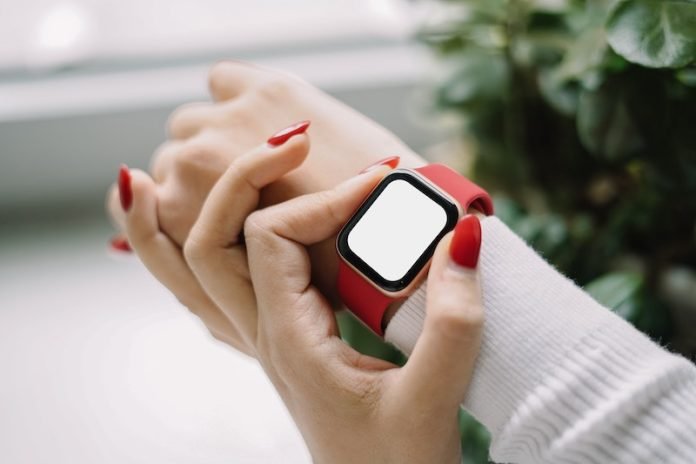
The Problem with Mental Health Diagnosis
Depression and anxiety are alarmingly common in the United States, yet diagnosis and treatment often fall short.
Over half of the people suffering from these mental health conditions are not correctly identified and hence not treated.
The challenge for mental health professionals is to find effective, non-invasive ways to detect these conditions early.
Recently, they have turned their attention to a device that many of us already own: wearable fitness monitors.
Wearable Tech to the Rescue?
Wearable fitness trackers like Fitbits not only monitor physical activities but also collect data about the user’s physiological parameters.
These devices track everything from daily steps, calorie burn rates, to heart rate and sedentary minutes.
The data generated by these trackers present an exciting opportunity for healthcare providers. The question then arises, can these data be used to detect mental health issues?
The Study at Washington University
Researchers at Washington University in St. Louis took on this question. They developed a deep-learning model, named WearNet, that analyzed 10 variables collected by the Fitbit activity tracker over more than 60 days.
The results were promising. WearNet performed better than other machine learning models in detecting depression and anxiety risk factors.
It also produced individual-level predictions, a critical requirement for personalized healthcare.
Deep Learning and Mental Health
“Deep learning discovers the complex associations of these variable with mental disorders,” says Chenyang Lu, a professor at the McKelvey School of Engineering and the School of Medicine.
His team provided evidence that detecting mental disorders with wearables is indeed possible.
“Our work provided evidence that it is possible to detect mental disorders with wearables. The next step is to convince a hospital system or some company to implement it.”
Advantages of Wearable Data
Lu also highlighted the advantages of using wearable data in mental health diagnosis.
Traditional diagnostic methods such as filling out questionnaires with a psychiatrist can be time-consuming and intimidating for some individuals.
“This AI model is able to tell you that you have depression or anxiety disorders. Think of wearable data as an automated screening tool that could recommend that you go see a psychiatrist.”
The Scope of the Study
The researchers analyzed data from more than 10,000 Fitbit users, making this study the largest of its kind. Previous studies have only considered cohorts of up to a few hundred users.
The data represented a broad range of ages, races, ethnicities, and education levels, adding to the credibility of the findings.
The Future of Wearables in Mental Health
This study offers a glimpse into the potential future of mental health diagnosis.
As wearable technology continues to evolve and become more accessible, it could become a vital tool for early detection and treatment of mental health disorders.
It also adds to a growing body of research that supports the use of digital phenotypes, such as sleep and behavior patterns, in mental health assessment.
The findings from this study were presented at the ACM/IEEE Conference on Internet of Things Design and Implementation, where they received the Best Paper Award for IoT Data Analytics.
If you care about depression, please read studies about how dairy foods may influence depression risk, and B vitamins could help prevent depression and anxiety.
For more information about mental health, please see recent studies about common medications for anxiety, and results showing some vegetarian diets may be linked to depression.
The study was published here.
Copyright © 2023 Knowridge Science Report. All rights reserved.



